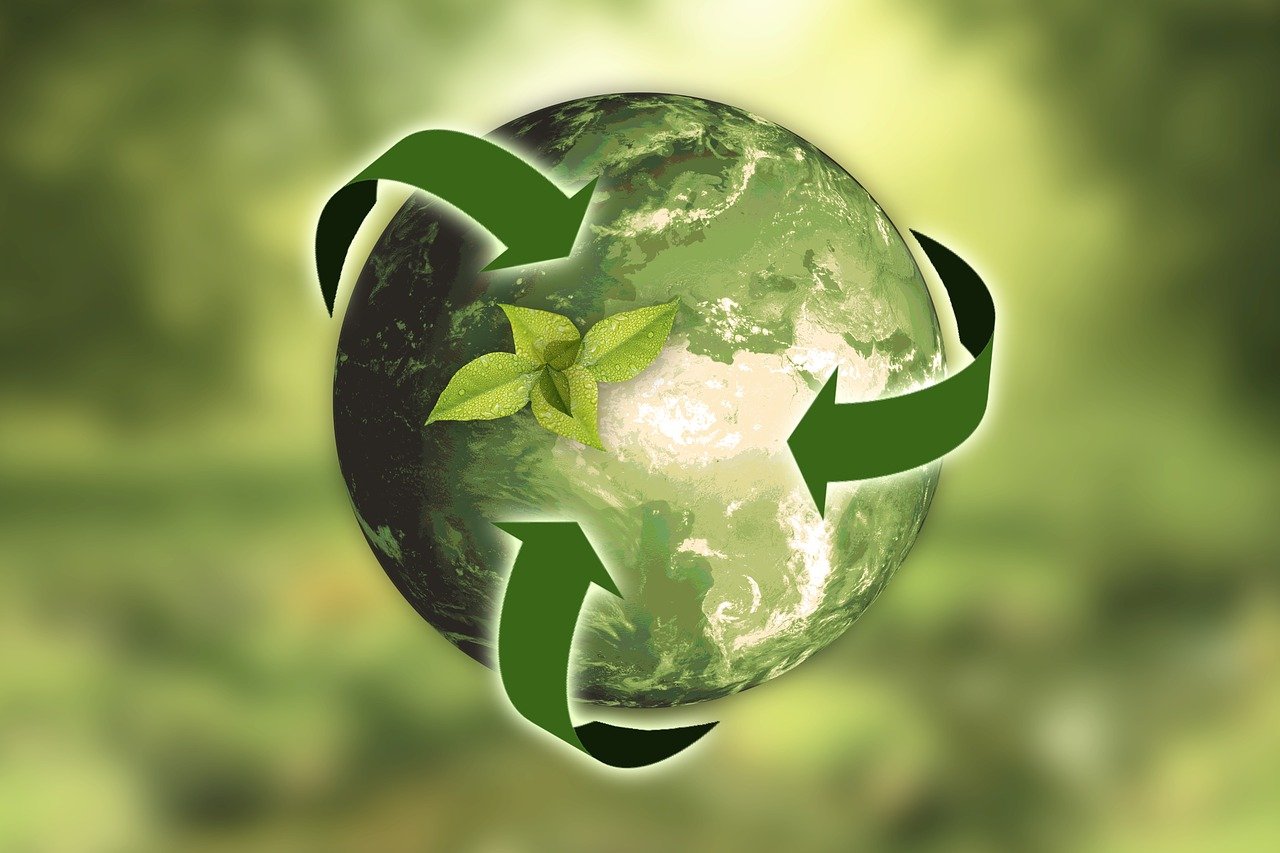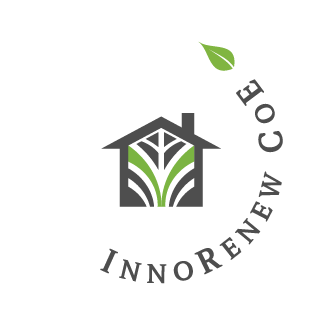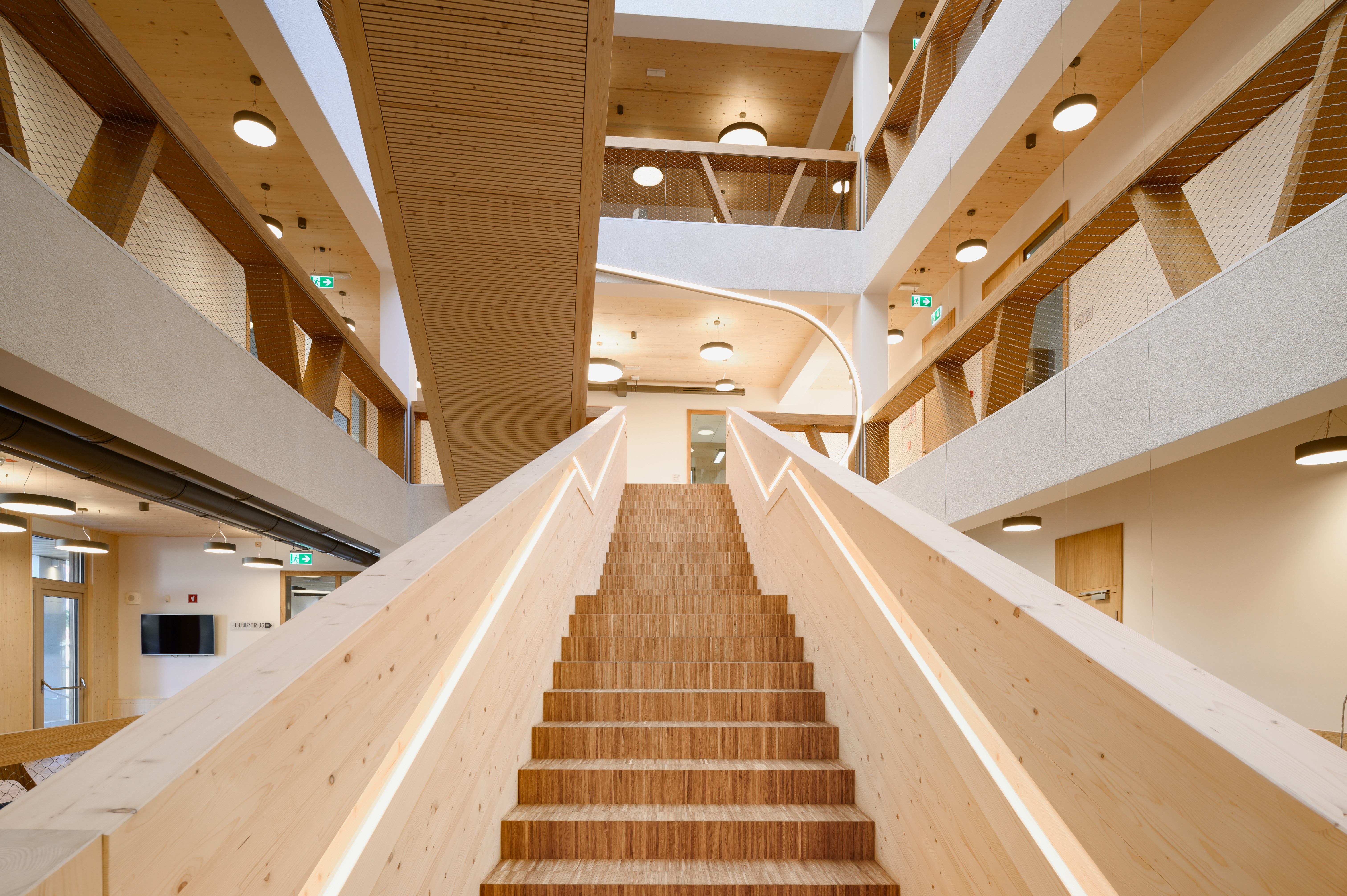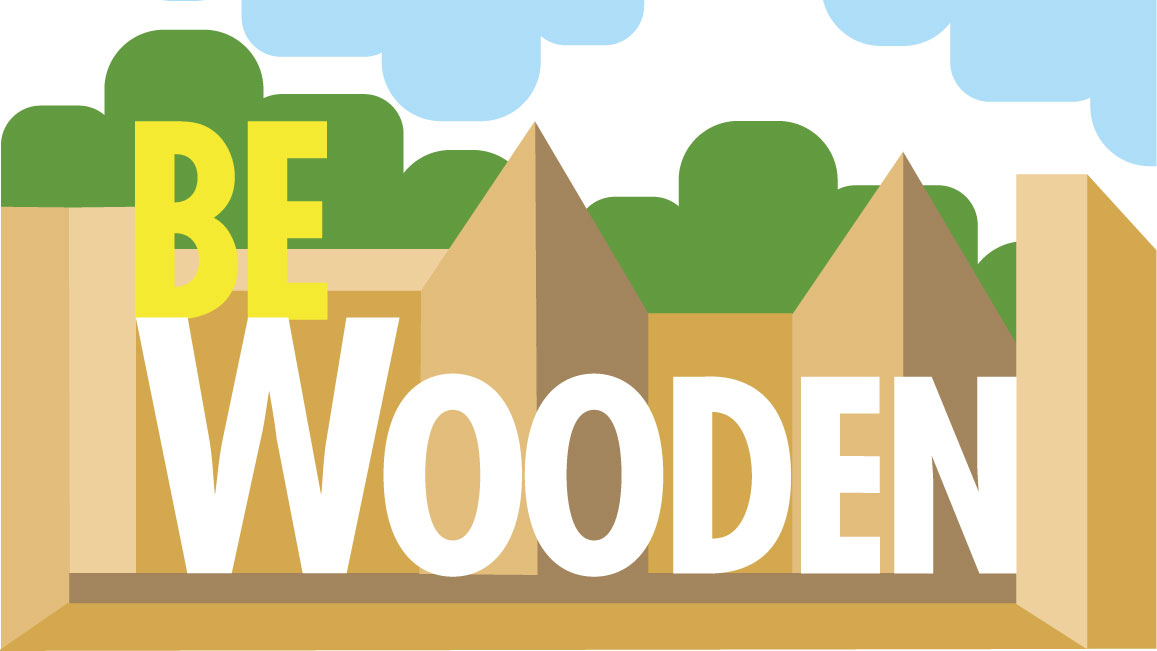
- PROJECT CODE: BI-RS/18-19-002 (ARRS – Public call of international bilateral scientific cooperation between Republic of Slovenia and Serbia 2018 – 2020)
- PROJECT TITLE: The use of chemical wood modifications to protect wood against wood-borers in the marine environment
- PROJECT LEADER: Andreja Kutnar, PhD
- PERIOD: 27. 06. 2018 – 31. 12. 2019
- BUDGET: 2.000,00 EUR
- FINANCED: Slovenian Research Agency (ARRS)
- PARTNERS: the InnoRenew CoE (Slovenia) and University of Belgrade, Faculty of Forestry (Serbia)
Wood is a widely available, inexpensive, renewable material and is used in lots of marine structures. Despite these favourable characteristics, a principal restriction has been its susceptibility to destructive attack by wood-borers. Degradation of wood by marine wood-boring species causes worldwide major economic losses. Data confirm that the yearly costs to repair or renew wooden constructions in the marine environment can be really high. In this project, several chemical modifications and concentrations will be screened and it will be defined how the chemicals are bound to the wood. The new knowledge about the influence of wood modification agents on wood-borers and interactions between wood modification agents, wood, and the marine environment will be amalgamated into and presented in a minimum of three publications in professional or high-ranking scientific journals, and a minimum of three presentations at scientific conferences. New IT-supported databases will be prepared with information about short- and long-term effects of modification agents on wood, the necessary wood treatment processes, and its chemistry, which gives a promise for the development of so-called “rational design” of wood applications in marine environments in the future. These databases can be also a valuable prediction tool for wood modification, emphasizing environmental friendliness of new products, its impact on different wood-borer species, and service life and after service life scenarios for the modified wood. Recommendations will be prepared to assist authorities and researchers concerned with the protection of wood in the sea. The project is also a great opportunity for a certain amount of early stage researchers to develop their careers, starting with their thesis preparation and defence. The collaboration with Serbia will not be only a scientific exchange, but also, equally important, a cultural exchange and people will learn to work together with others with different backgrounds (cultural, socio-economic, education, etc.). As the protection against wood-borers would be of a great economic importance, a further development of the most economical and environmental promising chemical wood modification procedure is foreseen, beyond the scope of this basic project, in collaboration with the industrial partners.
InnoRenew CoE main activities in the project
Our main activities are to identify naturally occurring substances in water condensates of wood thermal modification or steaming processes, to evaluate the technical feasibility to use them as wood preservatives, and durability testing of wood impregnated with above selected compounds in the marine environment.



